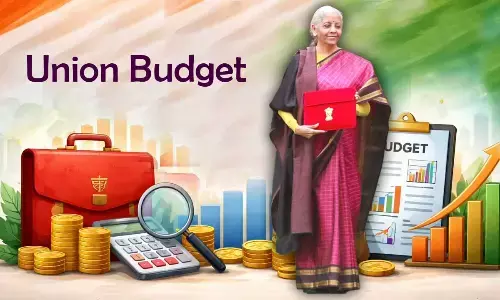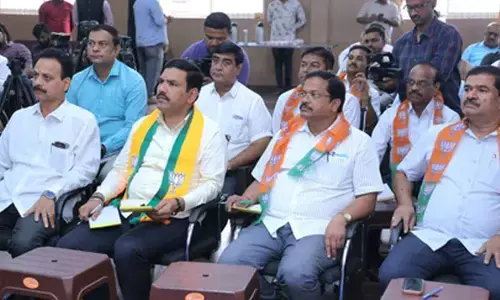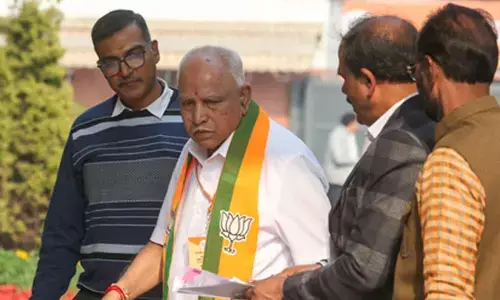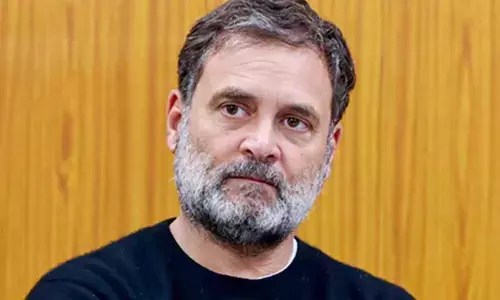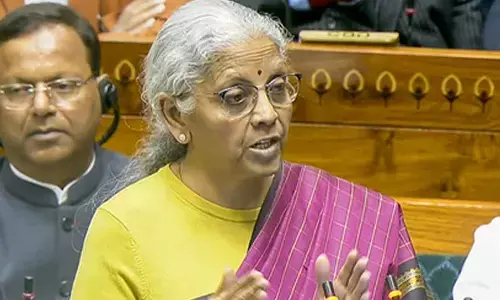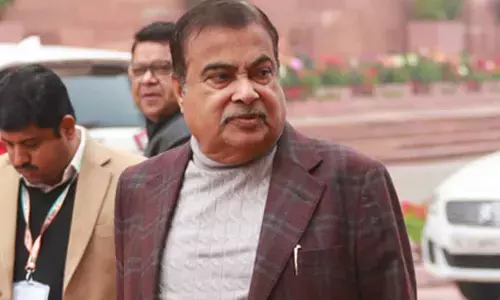AIDS fund crunch puts lives at risk
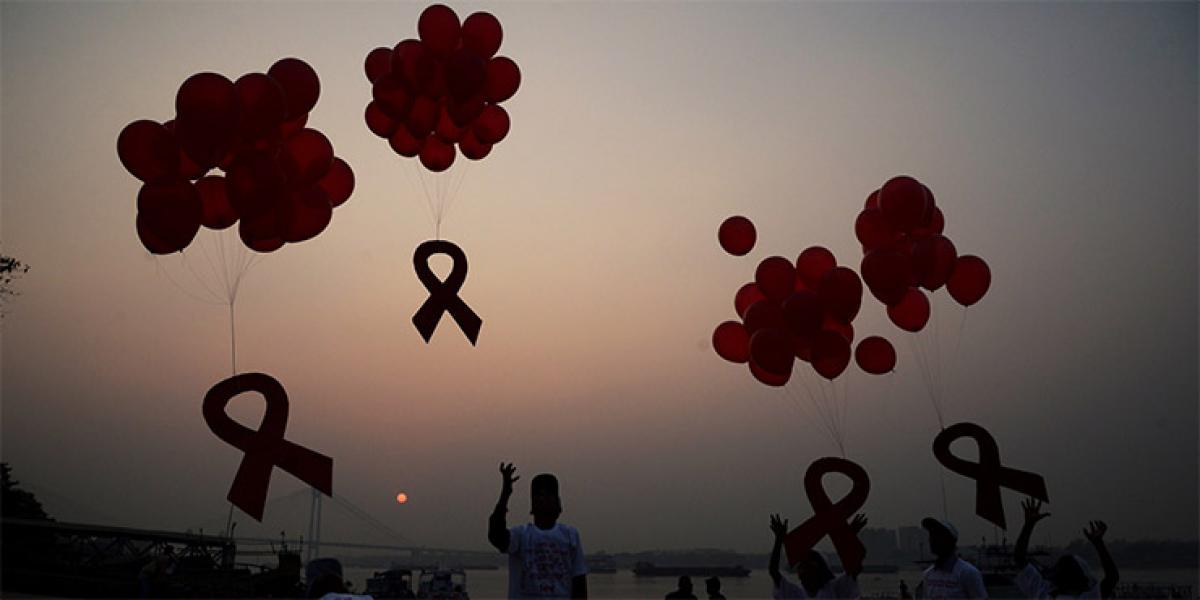
India\'s fight against AIDS is being jeopardised by a cut in social spending by Prime Minister Narendra Modi\'s government, with health workers being laid off and programmes to prevent the spread of the deadly disease curtailed. With about 2.1 million people infected with HIV in 2013, India has the most cases in the Asia-Pacific, according to the World Health Organisation, but new infections have fallen more than 20 percent over the past 14 years.
New Delhi /Mumbai: India's fight against AIDS is being jeopardised by a cut in social spending by Prime Minister Narendra Modi's government, with health workers being laid off and programmes to prevent the spread of the deadly disease curtailed. With about 2.1 million people infected with HIV in 2013, India has the most cases in the Asia-Pacific, according to the World Health Organisation, but new infections have fallen more than 20 percent over the past 14 years.
Despite the progress, India accounted for most of the estimated 340,000 new infections in the Asia-Pacific last year and any cut-back to prevention programmes risks seeing rates rise, experts say. The government anti-AIDS programme had been in trouble for more than a year, with bureaucratic delays and a funding crunch resulting in shortages of condoms and drugs.
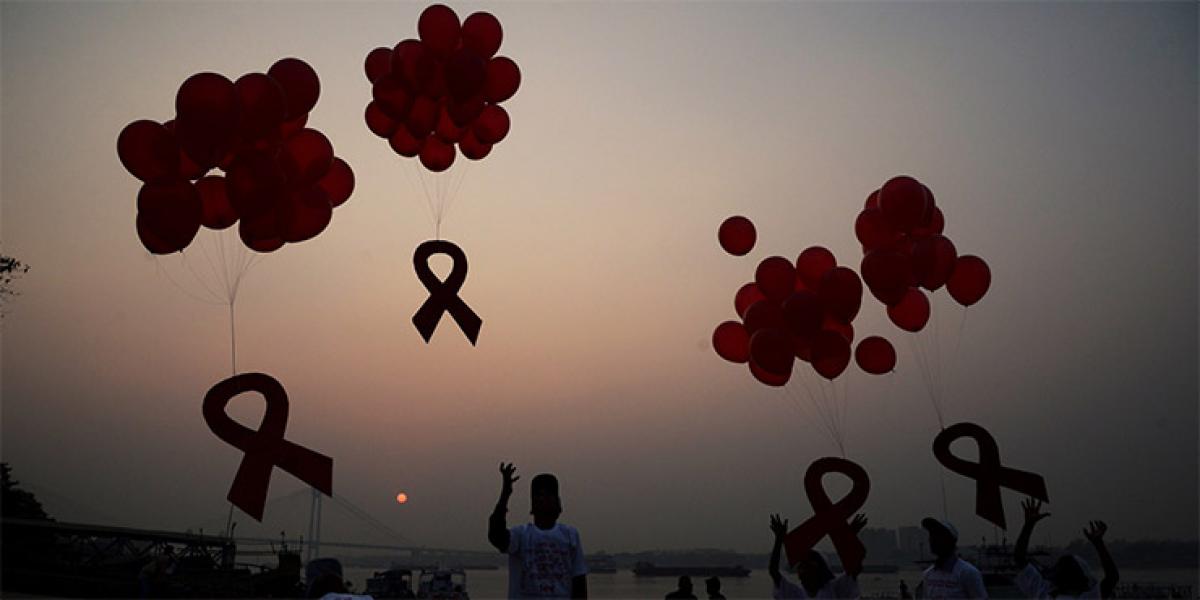
Then in February, Modi slashed the 2015-16 central AIDS budget by 22 percent, asking states to fill the gap. States have been slow to respond, and to make things worse, have fallen behind in disbursing the smaller amounts they have received. With thousands of workers unpaid for months, the National AIDS Control Organisation (NACO) is warning of damage to programmes.
“There is not only loss of morale, but also attrition,” Navreet Singh Kang, the top official at NACO, wrote in a letter obtained by Reuters that he sent to all states on May 13. “Loss of trained staff would be a serious blow for due functioning of the programme ... There is real need to maintain focus, coverage and intensity.”
Three AIDS prevention units in states with high rates of HIV have ordered that up to 25 percent of prevention workers be laid off and have curtailed projects and services, other government letters, according to documents. The layoffs began in two states on July 1.
“We are not throwing away the programme, but we are resizing it as per availability of funds,” one NACO official said.
“Out of our control”
In Modi's home state of Gujarat, the Ahmedabad city AIDS prevention unit has not paid staff since January, a letter from the unit to its non-governmental partners dated June 29 showed. The number of community workers promoting safe sex will be reduced by 80 percent in Delhi from August.
Nochiketa Mohanty, India manager for global advocacy group AIDS Healthcare Foundation, warned the cuts would mean fewer infections being detected. "How will people be aware of HIV testing? They are unlikely to be tested if prevention activities are curtailed," he said.
In the Philippines, HIV infection rates rebounded after a successful prevention programme was scaled back, the UN envoy for AIDS in Asia told India's The Caravan magazine in April. Modi's government denies it has reduced overall funding, saying states can pick up the slack. As part of a major overhaul to boost infrastructure spending and give regions more autonomy, Modi this year asked states to contribute more for public welfare in return for a larger share of federal taxes.
But state governments are not obliged to spend the extra tax revenue on social programmes. Four months after the reform was introduced, AIDS prevention units in Delhi, Maharashtra and Gujarat have said their governments have not started contributing, or said how much, and when, they will.
AIDS units were already reeling after the government last year stopped giving money to them directly, instead channelling more funds through state governments, where decisions often get bogged down in red tape. In Nagaland, which has India's highest HIV rate, the crunch means AIDS workers are unable to get out to the villages in hills on the border with Myanmar to fight the disease, said state AIDS official L. Watikala.
"We can't do anything, it is out of our control. People are at risk, naturally," she said. Maharashtra state AIDS official Kushalsinh Pardeshi said that NACO had promised 80 percent of last year's funding, which would cover basic services."But outreach and awareness activities would have to be curtailed," he said. Modi's office and the health ministry, which controls NACO, did not respond to requests for comment. (Reuters)
By:Aditya Kalra and Zeba Siddiqui








